Environmental, Social and Governance (ESG) Report
Summary
We have a clear purpose at settle—to help people who are struggling to find a place to live. We help our customers to stay in their homes comfortably, so that they can live the life they choose. To achieve this purpose, we have a clear plan made up of four strategic themes that we’re focused on delivering by 2024 – providing good services; being a well-run social business; delivering new homes; and being a place where people love to work. Working with our partners and local residents we improve neighbourhoods and life outcomes for residents by investing in both the quality of new affordable homes and places.
This Environmental Social Governance (ESG) Report demonstrates how our core strategy can tackle the wider issues that define our society, perhaps now more than ever. The themes in this report are aligned with 6 of the Sustainable Development Goals, demonstrating the contribution social housing can make to local health outcomes, clean energy, work and economic growth, sustainability, responsible consumption and climate action:
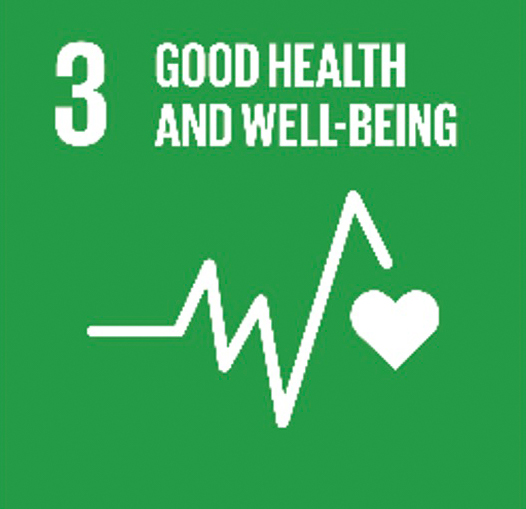

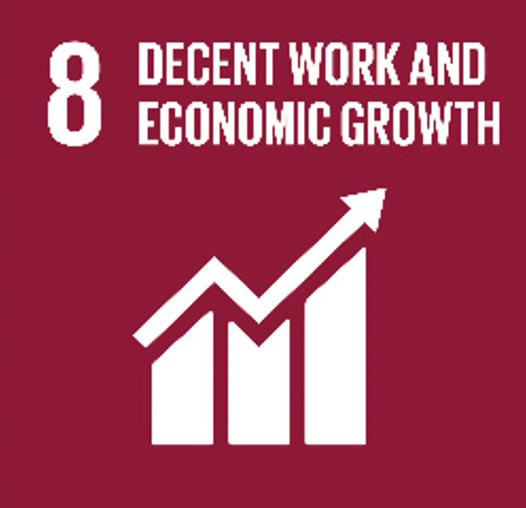
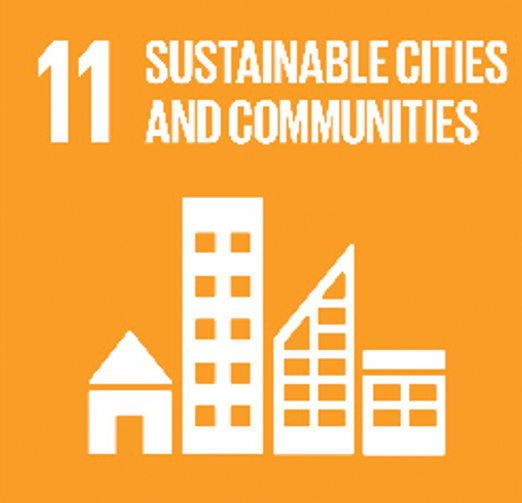
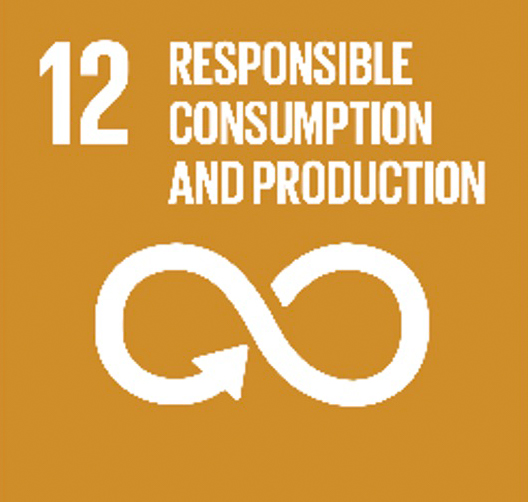
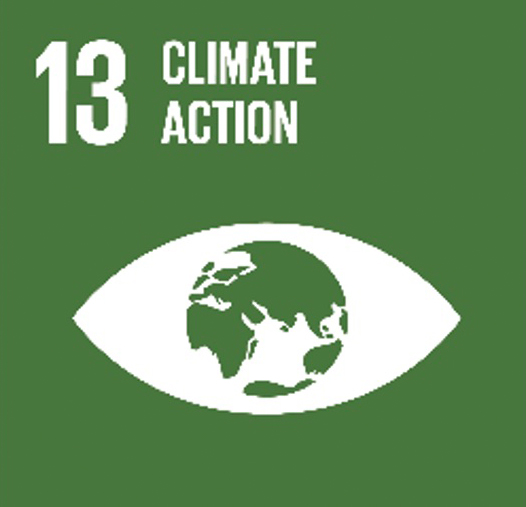
We commit to reporting annually on our achievements using the Good Economy’s sector-wide Sustainability Reporting Standard.
Environmental
At settle we take our responsibility for the environment seriously. This is reflected in our ambitious sustainability strategy, which shows how we will play our part in the national programme to decarbonise our economy, support residents in fuel poverty and invest in green spaces within our neighbourhoods. While we are closely aligned to government sustainability targets, as a social purpose organisation we are committed to going beyond these and working in an environmentally sustainable way across all we do.



Tackling Climate Change
From our 2020/21 Group Carbon Audit, we know that 98% of organisational carbon emissions originate from our housing stock. With responsibility for nearly 10,000 homes and over 850 in our development pipeline, our strategy for building, retrofitting and maintenance will be key to managing these emissions. Our approach is “fabric-first”: 100% of new developments are built to an EPC B efficiency standard and we are investing £24 million to ensure all of our existing stock reaches a minimum of EPC C by 2030.
Good data is key to understanding the Net Zero challenge, so we intend to monitor the emissions associated with our housing stock and organisational practices. Ongoing improvements to our head office make it on track to achieve carbon neutrality by 2025—according to the Sustainable Homes Index For Tomorrow (SHIFT), we have one of the greenest head offices in the sector (April 2021).
In January 2022, we formed our sustainability partnership called ‘Greener Herts’ with Hertfordshire-based housing associations ‘B3 Living’ and ‘Watford Community Homes, led by a Sustainability Consultant. We are working together to deliver strategies for achieving Net Zero Carbon, with our collaboration offering advantages of scale, shared expertise, shared technical ideas and joint procurement. We will be submitting a collective bid for Wave 2 of the Social Housing Decarbonisation Fund (SHDF) Grant to improve the energy efficiency of our homes, supporting our goal for all homes to reach EPC Band C by 2030.
Additionally, we are working with energy-saving specialist 'WarmFront' to survey all our homes via thermal imaging. This will help us plan where we need to invest in installing energy efficiency measures and allow us to access ECO (Energy Company Obligation) funding. Our 'Greener Herts' website outlines our collaborative projects and provides articles and blogs on sustainability for customers to engage with.
Our sustainability strategy goes beyond reporting on the efficiency of our housing stock and operations. Customers are at the heart of what settle does, so customer experience is naturally central to our sustainability strategy. As an example, our ‘Greener Herts’ partnership includes a resident panel of tenants from each of the three organisations. Additionally, all new settle residents are provided with information on local sustainable transport options when they start a tenancy with settle. Our website and newsletters share articles on recycling and energy saving tips for customers to engage with.
As some of our homes move towards cleaner forms of energy, we remain aware of the need for affordable energy that is easy to manage and use. Tackling fuel poverty goes hand-in-hand with tackling climate change and we are currently researching how we can support residents with affordability through user-friendly, energy efficient interventions.
Ecology and Resource Management
Our Neighbourhood Model will invest in green spaces and biodiversity as part of our work to help preserve the environments we are responsible for. All new schemes are assessed against the ‘Building For A Healthy Life Criteria’ and our annual SHIFT assessment ensures we monitor biodiversity across the land we own. As proud providers of social housing, we encourage colleagues to use their ‘Giving Back Days’ to maintain the green spaces in our residents’ homes where it is not possible for a resident to do this.
94.7% of waste generated by maintenance and development is diverted from landfill and our Upcycling scheme distributes surplus household items to those in need. Our procurement tender process ensures that sustainability outcomes are a priority when choosing contractors and suppliers.
In April 2021, we achieved our first Silver SHIFT award. This demonstrates a business-wide commitment to monitoring our sustainability metrics and using them to generate ambitious science-based targets.
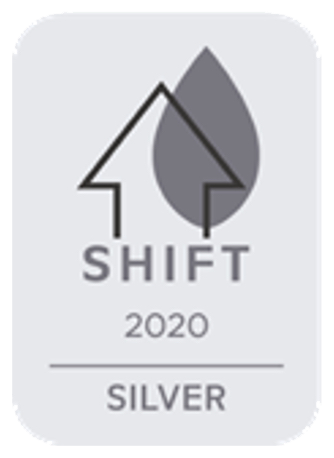
Social
As a well-run social business, our role at settle goes beyond being a landlord. Whilst delivering on our core function—to provide homes to people who are struggling to find a place to live—we also re-invest surplus into achieving a wider social impact in the communities we serve.



Affordability and Security
We provide homes at up to a 56% discount to local market rates across Hertfordshire and Bedfordshire and 82% of our homes are set at social rents. Rent prices increase with national inflation but remain well below the cap for a registered affordable housing provider. This model allows us to provide housing security and affordable living to nearly 9,000 households in an area where waiting lists and property prices are high.
Building Safety and Quality
In the 2021/22 financial year, 100% of our homes had an in-date, accredited gas safety check and were compliant with a Fire Risk Assessment, which is carried out as required every three years. During the same period, 100% of homes met the Decent Homes standard and through our planned maintenance programme, we spent £8.3 million on improvements including doors, windows, boilers, kitchens, bathrooms and roofs.
Resident Voice
The Big Door Knock is an opportunity to hear from our customers and review our services. This is a quarterly engagement tool and during 2021/22, we received over 1500 pieces of feedback which are being used to inform our Annual Delivery Plan and targets on query handling, wait time on repairs and communication on planned works.
Additional in-house surveys are undertaken as well as an annual Institute for Customer Service survey to understand the level of customer satisfaction and trust held by our residents. We also run focus groups and interviews throughout the year to test new ideas, ask questions and understand what matters to our communities. Internal assurance panels monitor our obligations around consumer standards and complaints to ensure we put things right the first time.
Placemaking
Our £20 million regeneration of John Barker Place on the Westmill estate in Hitchin is underway, informed by consultation with residents and the wider community. Phase 1 completed in June 2022, and Phase 2 began in March 2022. Further engagement is taking place with residents and other key stakeholders during Phases 3, 4 and 5.
Our Neighbourhood Model will increase our positive impact in the community, working to improve educational attainment, employment, wellbeing and mental health whilst tackling loneliness and isolation. This will build on the £2.47 million equivalent social value we generated in 2021/22. We maintain strong insights into the geographical areas we operate in and have a real desire to see them thrive through sustainable investment and local partnerships.
Governance
settle is a Registered Charity under the Cooperative & Community Benefit Society Act 2014. We are a not-for-profit registered provider of social housing.
Structure and Governance
settle has retained the highest possible regulatory ratings (G1: V1) following the Regulator’s IDA (In-Depth Assessment), the outcome of which was published in January 2022. We have adopted and are compliant with the National Housing Federation’s (NHF) new 2020 Code of Governance which promotes compliance with best governance practice in the housing sector.
Our risk management framework is embedded within the organisation. We identify and control risks at all levels, from the high-level Strategic Risk Assurance Framework to directorate-level Operational Risk Logs, and these are updated and informed by the regulatory, political and socioeconomic environment. We also regularly consult Treasury and policy advisors in order to protect the business against external financial stresses.
Our Board has the responsibility for setting settle’s strategy and then monitoring the delivery of the strategy and settle’s business plan.
Board and Trustees
settle is led by a skilled and diverse board. With each new appointment, relevant experience is sought, and diversity is promoted. Our succession planning keeps this under active review. We have appointed three new members to settle’s Board during 2021/22 following the retirement of three long-term members, resulting in a reduction in average tenure and average age of board members. A full assessment of settle Board’s diversity was carried out for the first time this year using the NHF’s diversity tool. We are now able to report on BAME and disability; good progress is being made towards the target in settle’s EDI strategy of 25% Board membership from diverse ethnic communities.
The effectiveness of settle’s Board was independently reviewed in 2021, the outcome of which was reported in May 2021. Recommendations from this have been addressed and embedded within the governance arrangements.
Colleague Wellbeing
Annual Wellbeing benefits are available to all colleagues to support a variety of activities outside of work. Additionally, colleague wellbeing at work is promoted via our ‘Together We Care’ champions, who organise wellbeing-focused activities online and in the office throughout the year. In January, our ‘Wellbeing Week’ provided a variety of wellbeing workshops for colleagues to engage with, such as yoga and meditation. Mental health is prioritised at settle with reminders for all colleagues of the help available, for example our trained mental health first aiders.
Our ‘Value Everyone’ group has continued to successfully promote diversity and representation across the business and has been instrumental in embedding settle’s EDI policy and strategy. In our most recent colleague engagement survey, 90% of colleagues agreed with the statement that ‘at work I don’t have to act or behave differently to my background, I can be me’. The Group also worked with the People Team to introduce a toolkit for managers and colleagues on the menopause, the Halo Code and Disability Level 2.
Social purpose is at the heart of what we do, so colleagues are encouraged to take two paid Giving Something Back Days to volunteer in their community each year. Whilst the pandemic has had some impact on this, during 2021 56 Giving Something Back Days were completed by colleagues in their local communities. Our colleagues also vote annually for a charity of the year, to support and raise money for. This year, we supported Feed Up Warm Up and raised £3,341.10 through various fund-raising activities arranged by colleagues.
Research has been completed on our ethnicity pay gap, which builds on that which has already been completed to examine the gender pay gap, and both reports have been published on our website.
Supply Chain
Our Procurement Panel ensures that social and environmental value is factored into business procurement decisions. Currently, all tender documents require the provider to offer some contribution that would help settle to deliver on our social purpose strategy of reducing social isolation. Providers can make contributions by offering up time to carry out activities such as renovations of social spaces, donating items or making a financial contribution in the region of 0.5% of total contract value. In 2021/22, £19,091 was generated for social purpose activities in this way.
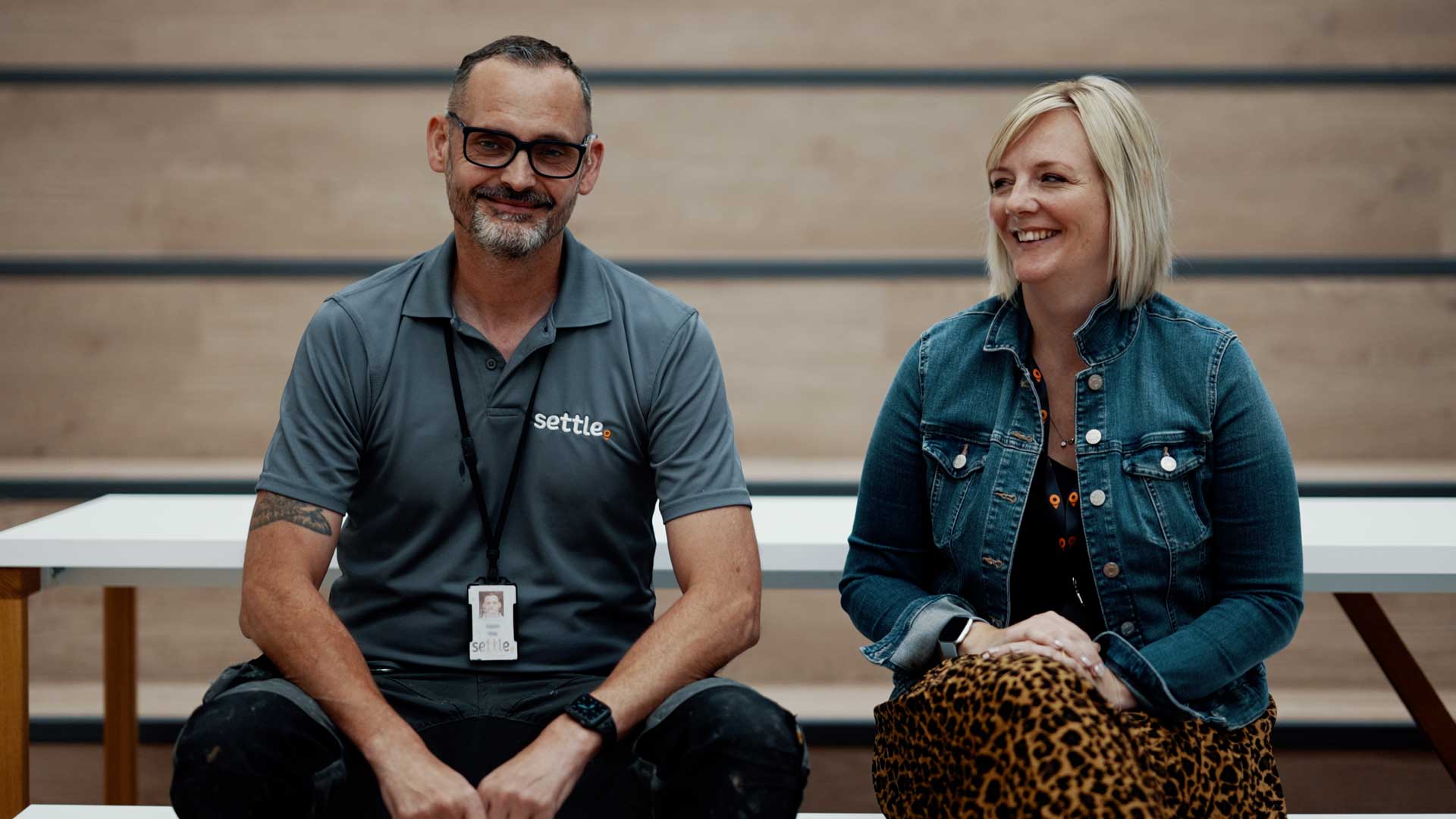
Environmental Reporting
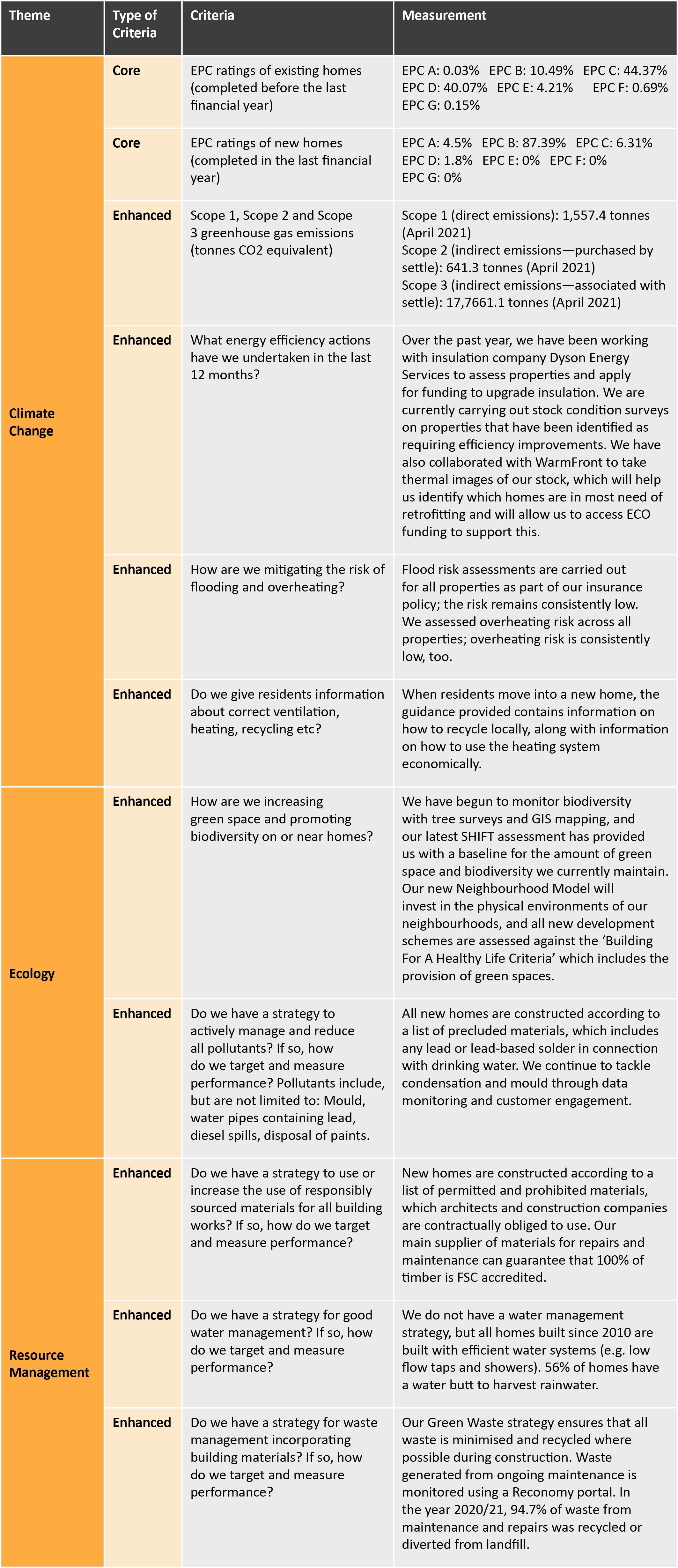
Social Reporting
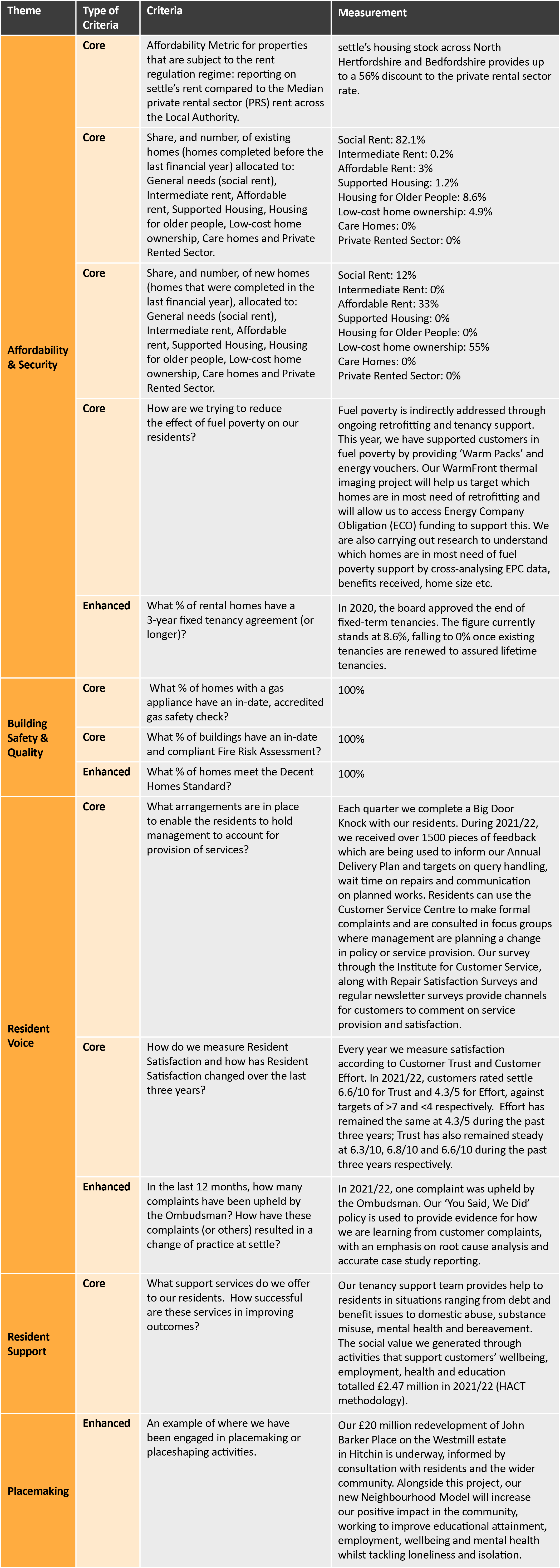
Governance Reporting

